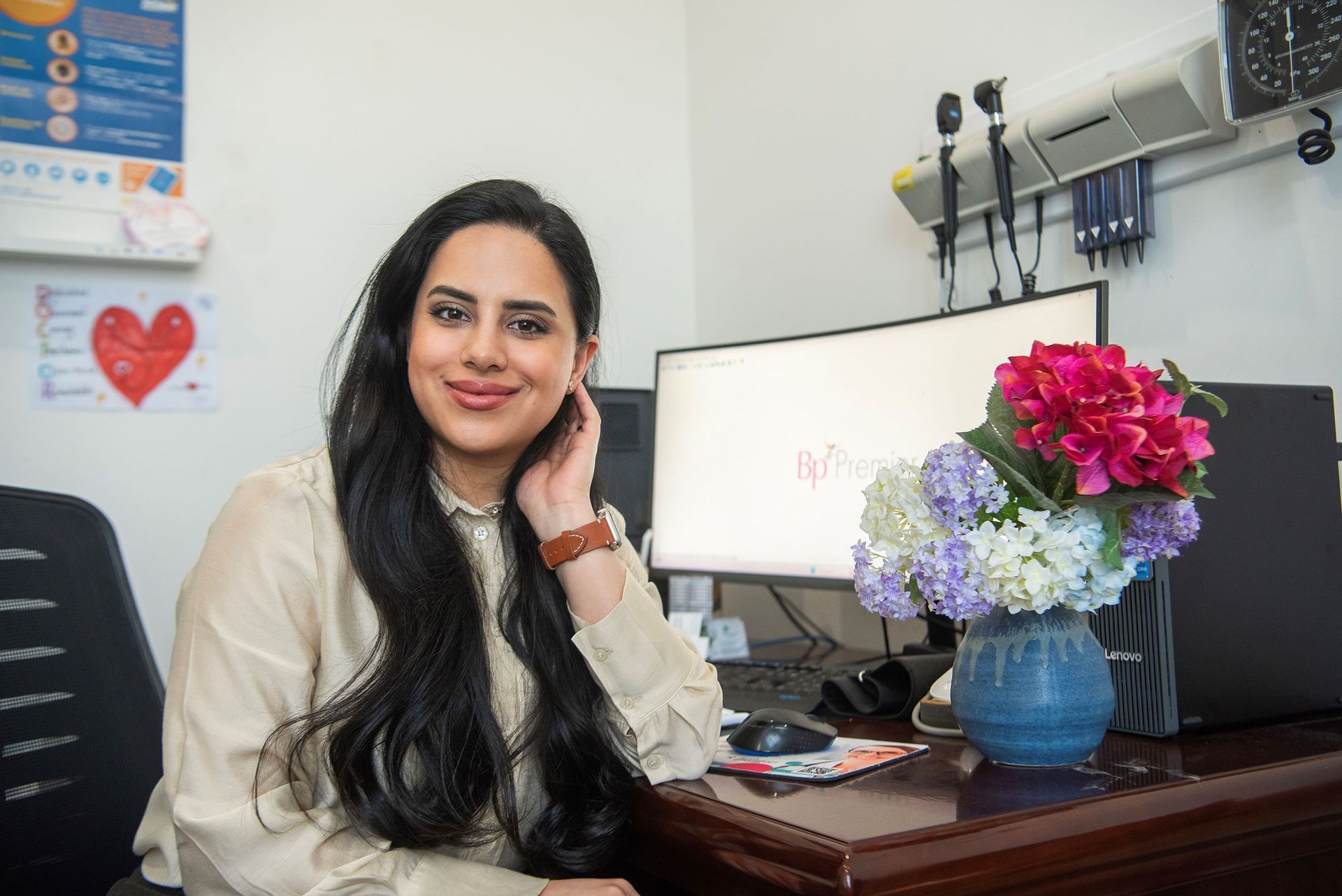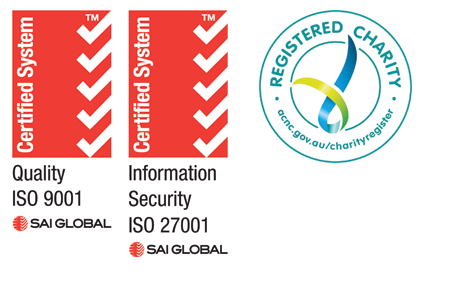Helping doctors support children experiencing mental ill health
By Andrew Masterson and Mary-Anne Toy

Pictured: Dr Tina Dolatabadializadeh, GP in Melbourne's west (Image credit: Mike Keating)
Many doctors report a lack of confidence when it comes to recognising, diagnosing and treating mental ill health in children.
This sometimes results in GPs – out of an abundance of caution – referring young patients to paediatricians and other specialists, leading to long wait times and the need to travel outside local communities.
Recognising the need to build confidence and skill in this field, in 2024-25 NWMPHN’s Children and Families and Primary Health Care Improvement Workforce Development teams partnered with the lead agency for the National Workforce Centre for Child Mental Health, Emerging Minds, to offer Focused Psychological Strategies (FPS) training to GPs.
The training was geared to supporting children aged between five and 12, and was the first of its kind in Australia. It centred on goals that are specific, measurable, achievable, relevant and time-bound, gathered under the acronym SMART.
Dr Tina Dolatabadializadeh, a GP in Melbourne’s west, said she often saw children and families facing complex challenges and “wanted a practical, evidence-based way to support them”.
“The FPS training appealed to me because it focused on strengths, relationships, and keeping the child’s voice central,” she said.
The strategies include:
- cognitive behavioural therapy
- interpersonal therapy
- psychoeducation, including motivational interviewing
- relaxation strategies
- eye-movement desensitisation reprocessing
The FPS palette might also involve skills training, anger management, social skills, communication training, stress management and parent management.
Dr Dolatabadializadeh said the training was easy to apply. She liked learning simple, practical strategies, such as exploring parental hopes and using the “best life” exercise with children.
“It made me more curious, less judgmental, and better at noticing small positive changes,” she said.
She added that the training increased her confidence to manage mental health issues in younger patients, by giving her a more structured approach.
“I now start by acknowledging parents, inviting the child’s perspective early, and setting clear SMART goals. I also focus more on strengths, which makes conversations more positive and collaborative.”
In one example, the GP asked a girl anxious about school to draw her “best school day”, rather than just talking about her worries.



